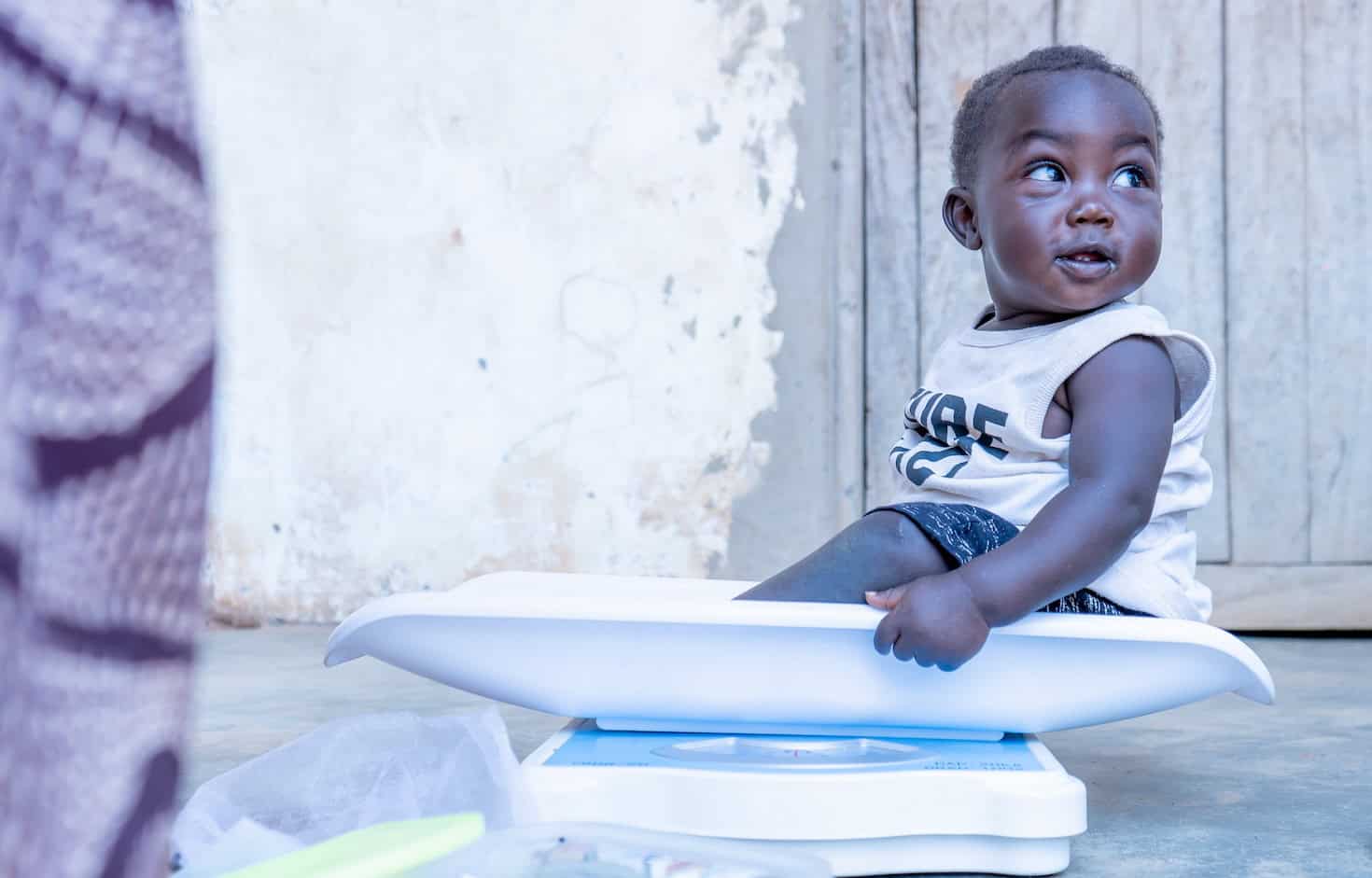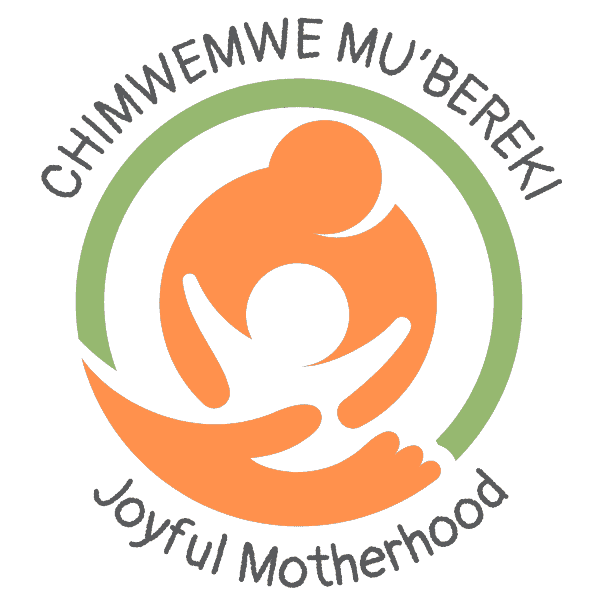
Baby Care Programme
The Problem
The current infant mortality rate in Malawi is 32.5 deaths per 1000 live births however certain groups of infants experience an increased risk of dying during their first year which is >7 times greater than the baseline rate. These high-risk infants include maternal orphans, multiples (twins and triplets), and infants with mothers who are critically ill. The majority of these infants are healthy at birth, but many, due to an environment of extreme poverty, deteriorate and often die within days to months.
Our Solution
- family-based care
- monthly health assessments up to two years
- nutrition supplementation: formula, then added enriched porridge starting at 6 months
- frequent hand hygiene education, disbursement of ORS & zinc
- additional relevant health education
- cash transfers to guardians
- a single investment in a home-business
Impact
Of the babies enrolled in our program, over 95% survive early childhood. Without this targeted care, less than 80% of high-risk infants would survive to their first birthday. In caring for over 1800 infants, we estimate that we have averted over 320 infant deaths.
Next Steps
We have a cost-effective and impactful model of care, now we want to increase access through partnership building and support. By collaborating with partners in healthcare service delivery in other districts, we can maximize our impact and avoid redundancy in programs and infrastructure. Ultimately by reducing the deaths among the highest risk infant groups, we aim to impact overall child survival.
A note about breastfeeding: We strongly believe that breast milk is the ideal food for babies under six months. Our nurses support breastfeeding mothers. But, when breast milk is not available, formula is the necessary lifesaving alternative. Formula must always be used with care and supervision, so when formula is needed Joyful Motherhood nurses teach and monitor guardians’ ability to reconstitute and administer it. When necessary, nurses help mobilize community members to support the individual caring for the vulnerable infant.
